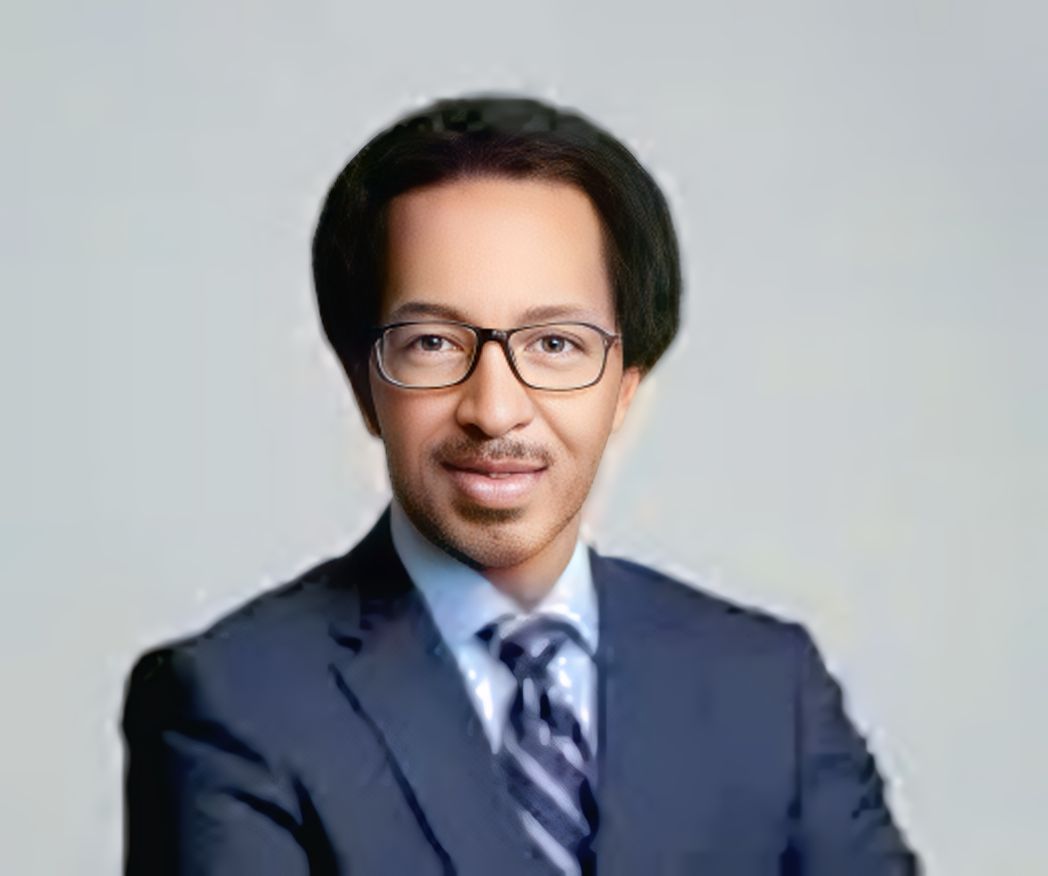Copyright © 2026 lpcentre.com All Rights Reserved. London Premier Centre For Training Ltd Registered in England and Wales, Company Number: 13694538
version: 3.0.1

Posted on : 6/10/2025, 10:44:11 PM
Last Update : 6/12/2025, 10:25:54 PM
We are witnessing an unprecedented and accelerated rise in the development of new leadership frameworks in the Global South. This is not merely an economic shift but a societal transformation characterised by rapid urbanisation, technological leapfrogging, and the expansion of a new middle class with evolving aspirations. A primary example is the BRICS bloc of nations, one which is undergoing significant economic and social changes, a major expansion to include several other countries, to name one. These profound transformations require effective and nuanced leadership at all levels—heads of state, managers, community organisers, and executive-level professionals—to navigate the complexity of this evolving framework.
While there is a wealth of resources available on leading teams, much of the key knowledge everyone knows about what the role of a leader is stems from research conducted in a Western context, largely ignoring the organisational realities of the Global South. This presents a fundamental challenge: how can leaders from these nations rely on frameworks that do not reflect their cultures, values, or strategic objectives? It’s building a leadership framework rooted both in the local context and forward-looking in its vision.
The BRICS bloc (Brazil, Russia, India, China, and South Africa) has risen to become a strong force that is reshaping global governance. The 2024 expansion to include Saudi Arabia, Egypt, Ethiopia, the United Arab Emirates, and Iran goes to show a growing interest in forming a comprehensive organisation that counters the dominance of Western institutions. A unique and swift shift in leadership framework, as such, is not merely political; it is strategic, made to perfectly align with the objectives of economic sovereignty and a more equitable international order.
BRICS nations and their allies share a common past of colonisation, economic hardship, and foreign exploitation. These historical elements shape their modern leadership practices, values, and intentions. For instance, leaders emerging from these regions often face deeply entrenched societal inequalities and are expected to guide transformative national change. These unique demands require capabilities and competencies beyond the scope of traditional Western theories.
Leadership development programs in these regions—whether delivered by a university, a school, or a public sector academy—must define and build specific competencies that resonate with their people. Both the form and structure of Leadership training courses in London need to be designed to support local organisations, promote performance, and encourage the birth of transformational leaders.
The Western leadership framework has historically dominated the field. Starting with Carlyle’s “Great Man” theory and moving to Kotter’s change management principles, these models have irreversibly set new standards of leadership. Yet, these theories largely reflect the behaviours, attitudes, and mindsets prevalent in North American and European organisations, which often operate under entirely different cultural assumptions.
For instance, when looking at Western authoritarian leadership styles, leadership often emphasises individual performance, communication that is direct, and flattened hierarchies.
In contrast, personal relationships, collective success, and supportive management are prioritised in high-context societies, such as many in Asia, Africa, and Latin America. Here, behaviours are not just functional—they are deeply rooted in culture. A “delegating” style, promoted by many Western models, can be misunderstood as weak or inattentive in cultures where authority is not just defined by competency but also by character and social responsibility.
In contexts like these, effective leadership is not measured solely by outcomes but also by the ability to build trust, guide through ambiguity, and lead with empathy. This is where Western models mostly fall short—they overlook specific capabilities required in the Global South: clarity, resilience, and an ability to navigate both tradition and modernity simultaneously.

Developing a new leadership framework for the Global South must be an intentional and strategic undertaking. It should be based on four core activities:
Comparative studies must evaluate the performance of leaders within both indigenous organisations and multinational corporations. This includes analysing current practices, critical incidents, and the cognitive leadership skills required to operate effectively in volatile environments.
Any new model must explore and map the learning domains unique to the Global South. GLOBE and AIIR projects, for instance, can serve as research tools, but must be localised. Keep in mind that elements such as post-colonial identity, generational ambition, and organisational change must be included as structural components in the model.
When you design a leadership framework, you need to make it grounded, comprehensive, and practical. How, you ask? Set a list of competencies, expectations, and standards, all of which need to be tailored to varying levels of leadership (e.g. grassroots activism, enterprise management, or governmental policy). Moreover, its language should be simple yet reflective of the breadth of capabilities required, encompassing both technical skills and emotional intelligence.
Piloting said leadership framework across schools, ministries, and corporate training programs will be the nail in the coffin, because it will identify what works, what needs modification, and where more support or resources are required.
Nevertheless, the absolute breaking point is validating the framework's success case studies, mentorship structures, and executive roadmaps.
As you’re implementing these critical steps and figuring out the bits and pieces of everything, you’ll advance leadership development through connecting individual attributes to broader organisational needs. Such a leadership framework also promotes clarity around roles, defines expectations, and equips leaders with the capabilities necessary to lead in today’s complex and changing world.
We are at the edge of a leadership framework evolution. The rise of the Global South is not a marginal trend—it is a structural shift in power, vision, and capability. The creation of a new framework, comprised of locally defined, culturally-relevant, and strategically-aligned principles, is not just timely—it is essential. The framework must be developed collaboratively, supporting leaders at all levels, from students in schools to executives in government ministries.
Such a model should offer not only a guide for current leaders but also a tool for grooming the next generation. It should describe what successful leadership looks like across different sectors, from health and education to business and public service. It should provide a roadmap for creating organisations where people can perform, collaborate, and grow with purpose.
The intention is not just to fill a theoretical gap, but to build a living, adaptive, and transformational leadership culture that inspires excellence, reflects the realities of its people, and lays the foundation for a more inclusive, equitable, and prosperous future.
